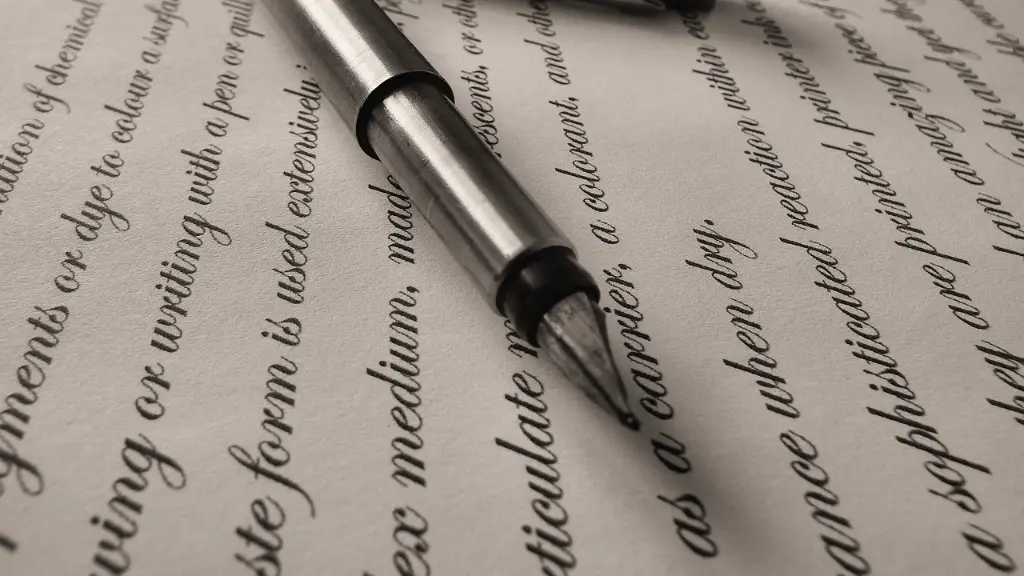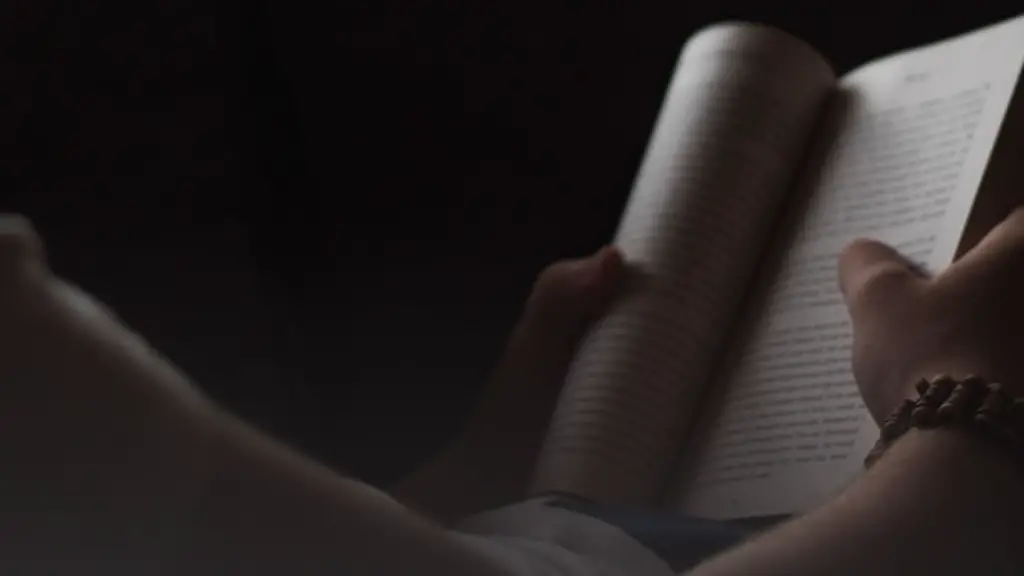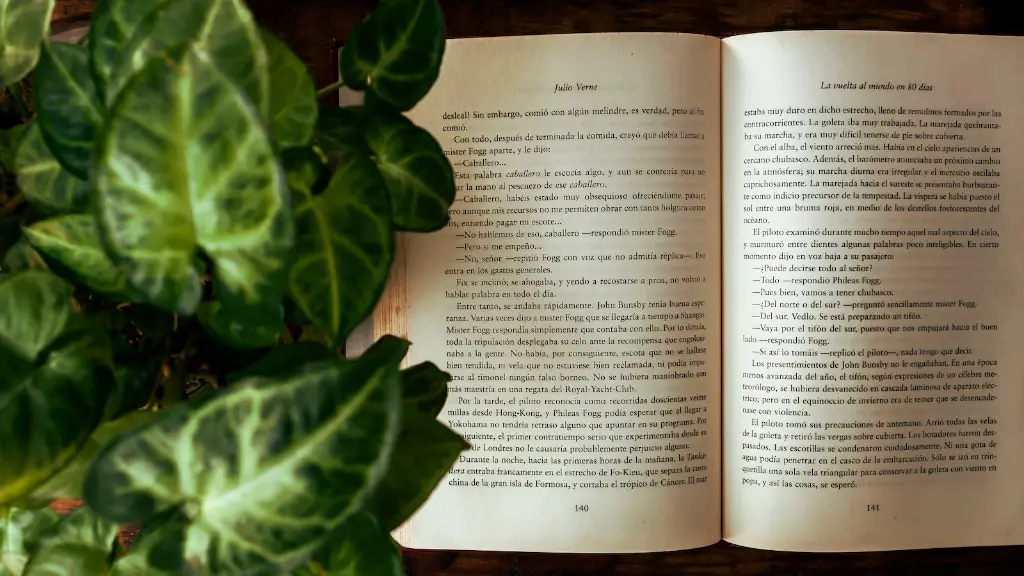Spoken Word and Poetry: What’s the Difference?
For many people, spoken word and poetry are interchangeable and synonymous. While the two disciplines both revolve around the foundation of written words that narrate a story, there are key points that differentiate the two. For starters, spoken word artists are able to vocally express any set of emotions or musings, whether that’s as a narrative or motivational speech. In contrast, poets use their medium of words within the framework of a traditional poem.
In spoken word, the words are written in a way that the poet should be able to speak the words in order for them to flow with meaning. The goal of the artist is to present the words with inflection and flow that enables the listener to connect and emotionally receive the message being conveyed. Also, the poet should be able to embody emotion during the spoken word performance, which showcases an poetic ability that is more about capturing a feeling than necessarily providing a rhyme or sublime meter.
Poets compose words in a manner deliberately structured craft, such as traditional sonnets or haikus. They place the words to emphasize and stress the right syllables to express their emotions. Such formations have specific rules, determining the purpose of the poem, such as whether it rhymes or has a certain number of syllables. Poetry is mostly written as a form of written communication, and poets employ a larger range of poetic tools, including alliteration, similes, metaphors, and other techniques to create a specific feel.
The Performance Aspect
The second main difference between spoken word and poetry is the performance aspect. Spoken word artists amplify the impact and power of their spoken word pieces with more than just the inflection in their voices. They get to use body language, intonation, loudness and emphasis. Thus, often during spoken word performances, the artist’s goal is to emotionally connect with their audience.
Although poets may communicate through the written word and find their success through the craft, they do not generally perform their poems. They instead present the poem on paper and leave it to the reader to interpret and leave the added emotion to their imagination. Thus, the art of communication for a poet relies on their ability to use language to create unique multiple readings of a text, whilst supporting the central theme.
The Context
Another point of differentiation is the context in which spoken word and poetry are performed. Unlike the contemporary off-the-cuff conversations and debates of spoken word, poetry is often an overlooked, albeit very old art form. This difference in environment is part of what makes spoken word performances more accessible and easier to take in for an audience.
Also, a key aspect in understanding the differences between spoken word and poetry lies in the intention behind the crafts. For example, when it comes to spoken word performances, the idea is to have a conversation between the performer and their listeners. On the other hand, when it comes to poetry, the idea is to take the reader on an escapade, allowing them to make-believe and creating their own landscapes, both physically and mentally.
The Nature of the Words
Part of the difference between spoken word and poetry is the nature of the words being used. Both disciplines use similar words, but the intent behind them might vary. For example, spoken word artists often use edgier language, as well as slang, to emphasize a point with immediacy; on the other hand, words in poetry are often used carefully. Words come with more power in poems, and poets should be careful about how the language used reflects their script and generally impart a meaning.
The Duration
The duration at which spoken word and poetry are performed is also a critical aspect that sets the two apart. While poems have a maximum or minimum set of words, spoken words can have an indefinite duration. This means that spoken words can be merged with longer narrations, vocal histories, oral stories, as well as conversations, enabling the artist to make their pointed declarations in one long, running dialogue.
The Political Agendas
Finally, a notable difference between spoken word and poetry is the political agenda of each art. Spoken word commonly speaks of current topics, such as social movements and the artist’s commentaries on current events. Poetry, while having sensitive topics and relatable experiences, often reads like a journal or diary, rarely involving a political agenda.
The Technical Aspects
When it comes to technical aspects, spoken word and poetry also have big differences. Spoken word has its basis in the way it sounds, making the artist a storyteller in a sense that their words should flow and be heard clearly. Poetry focuses more on word choice than vocal delivery. Poets should choose their words from a wide selection available to craft the meaning to their art. For the audience, listening to a spoken word artist gives you a sense of what the artist is communicating and is more forgiving of any slip-ups in words or delivery.
The Meaningful Impact of Both
Ultimately, spoken word and poetry are united by the fact that both require passionate creatives behind the words who feel a sense of ownership over the story or poem they’re sharing. While there are physical differences between spoken word and poetry, when experienced live, their impact is equally powerful and meaningful.
The art of performance for both spoken word and poetry also remains a shared element. Performers need to confidently and accurately deliver their pieces with the same sort of emotion and charisma that resonates with audiences. No matter how knowledgeable the artist is in terms of the different esoteric techniques and processes, the most important thing is the attitude and demeanor of the artist.
An Interesting Exercise for Artists
Since spoken word and poetry are indeed different disciplines, it offers an interesting exercise for artists of either medium to test their abilities and push the limits of their creativity. For instance, a spoken word artist could try to transform their spoken piece into a poem or, vice versa, a poet could turn their piece into a spoken word. This exercise is an excellent opportunity to expand and refine the artist’s skill set while pushing their boundaries and experiencing the same act in a different medium.
The Stories We Tell With Words
Finally, both spoken word and poetry are two disciplines of the same art; the creative way we express, narrate and tell stories with words. We stitch together the words in a unique way to reflect our experiences, musings and ideas, allowing us to understand ourselves and share these moments with an audience who can recognize and learn from our stories.



